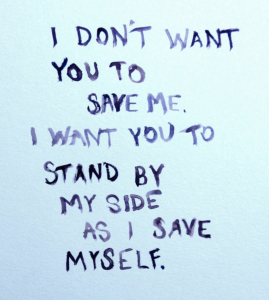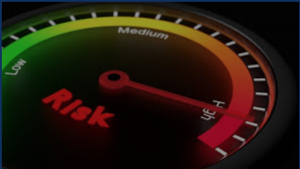Causes & Risk Factors
No one knows exactly what causes depression, but it is a combination of biological, psychological and social factors – and it varies from person to person. The most important thing to know is that it’s not your “fault” if you are depressed.
Sometimes depression can be the result of certain medical conditions. Chronic health issues or other medical problems can easily create fertile ground for depression. Sometimes it is caused or complicated by social or family issues and sometimes losses or failures or other setbacks can be factors.
And – the normal challenges of the teen heroic journey and the rollercoaster experience can leave you vulnerable to depression at times. Remember that over 30% of teenagers experience some depression at some point in their journey. Depression is not a personal failure.
Ask. If you are a parent or friend of someone who seems depressed and you want to know what might be contributing to it, you can go to the source and talk with them (that means mostly listen).
Note. This is not about asking “why are you depressed” because the person probably can’t answer that easily and it can seem critical or more like an inquisition, than being inquisitive.
This is more along the lines of asking, “So, what’s going on, what are you experiencing.” It’s the possible start of connecting and starting a conversation. Making yourself present and indicating your caring is the key.
You may get rebuffed or find the person unresponsive, so be prepared to try again. You can use the list of symptoms in the “Symptom” section as a conversation starter.

Risk Factors
Even though we don’t know exactly causes depression for an individual, there are some factors that can contribute to it and leave someone vulnerable.
Social Risk Factors
- Feeling alone, socially awkward or suffering losses or setbacks in relationships
- Having been the victim or witness of violence, such as physical or sexual abuse or serious accident
- Low self-esteem, social exclusion, bullying, having a disability or being overly self-critical
- Academic problems
- Being part of a minority group – from race to LGBTQ
Medical Risk Factors
- Genetics – depression can run in families
- Brain biology and chemistry
- Hormonal changes or imbalances
- Medical conditions, such as serious illness or injury, chronic illness or pain, or physical disability
- Other mental health conditions, such as bipolar disorder, an anxiety disorder, personality disorder, eating disorders or addiction
- Having a learning disability or attention deficit/hyperactivity (ADHD)
Family Risk Factors
- A major family loss or disruption ranging from divorce or abuse to economic or legal problems
- Having a parent, grandparent or other blood relative with depression, bipolar disorder or drug or alcohol problems
- Having a family member who died by suicide
- Family history of depression
Other Risk Factors
- Extended periods of stress in general
- Dangerous or stressful environments
- Learned patterns of negative thinking
So What?
These potential causes and risk factors may not provide clear answers to how to manage the depression. But they can provide insight and points of discussion as well as highlighting areas to explore to guide thinking and action. They illustrate how complex depression can be and why it’s not a personal failure.

